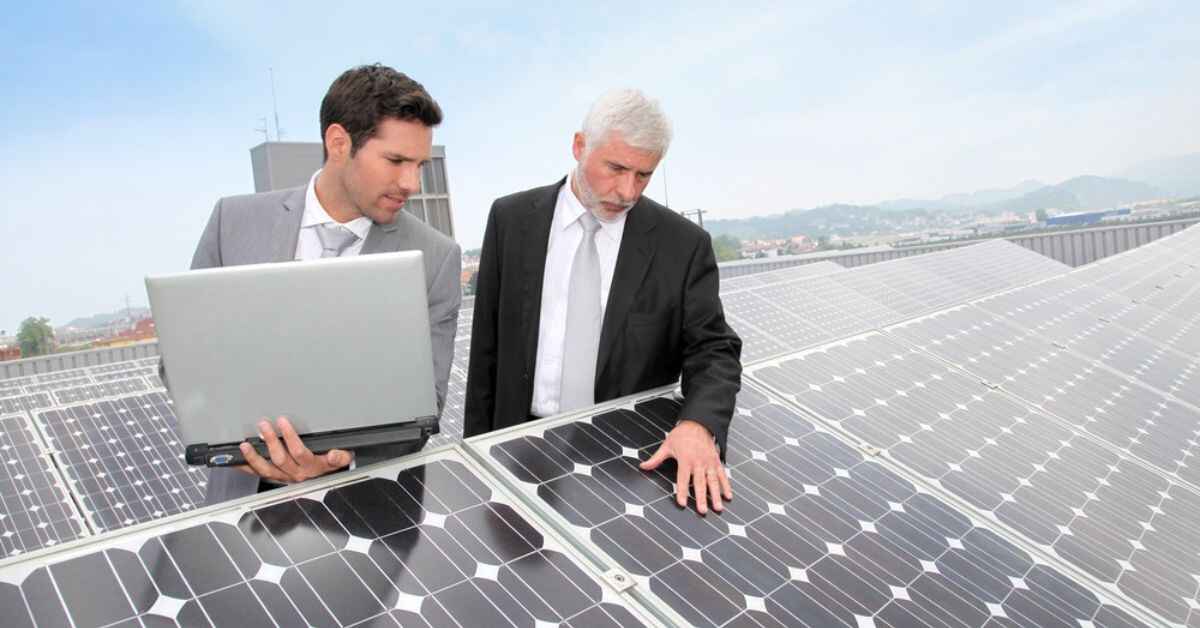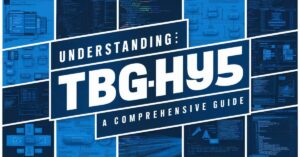Switching to solar power in your commercial enterprise can result in large fee savings and a discounted carbon footprint. However, navigating the complex world of business solar financing can be daunting, especially if you’re uncertain how to pick out the proper solar installer. This guide will walk you through the key steps and considerations for deciding on a top-notch solar installer who can cope with the B2B financing technique seamlessly. How to Choose the Best Solar Installer for B2B Financing in the USA.

Understanding the Importance of a Solar Installer for B2B Finance
Going solar as a business offers numerous benefits, including:
- Long-time energy price savings: solar panels can generate unfastened power for decades, insulating you from growing software quotes.
- Increased sustainability: Reducing your carbon footprint demonstrates corporate social responsibility.
- Tax incentives and rebates: diverse federal, national, and nearby incentives can offset a giant part of the set-up prices.
While the advantages are clear, the upfront costs and complex financing options can be barriers for many businesses. This is where having the right solar installer becomes crucial. How to Choose the Best Solar Installer for B2B Financing in the USA.
Understanding the Importance of Solar Installers to Finance B2B
B2B solar financing refers to the various options available for businesses to fund their commercial solar projects, such as loans, leases, and power percolate agreements (PPAs). Unlike residential installations, commercial solar tasks often involve large systems, extra complicated financing systems, and further felony and regulatory necessities.
A professional sun installer with process experience in B2B financing can guide you through the entire process, from comparing financing alternatives to handling incentive paperwork and ensuring a clean installation. Their know-how can save you time, money, and complications, ultimately maximizing the go-back to your solar funding.
Steps to Choose a Solar Installer to Finance B2B
- Research installers’ experience with B2B/commercial projects: Look for installers who have a proven track record of completing commercial solar installations and handling the associated financing. Check their portfolio and customer testimonials.
- Check credentials/certifications for your state/area: Ensure the installer is licensed, insured, and certified to operate in your state or region. Certifications like NABCEP (North American Board of Certified Energy Practitioners) demonstrate expertise.
- Get fees from multiple installers: Obtain specific quotes from a minimum of three official installers to evaluate pricing, financing options, and terms. Don’t just go with the bottom bid; do not forget the general cost and enjoy.
- Ask about financing options/partners they work with: Inquire about the various financing solutions the installer offers, such as loans, leases, or PPAs, and the lending partners they collaborate with. Reputable financiers can streamline the process.
- Review contracts thoroughly before signing: Carefully study and understand the terms and conditions of any contracts or agreements before signing. Look for hidden costs, escalation clauses, or unfavorable terms.
- Verify they handle incentives/rebates properly: Ensure the installer is well-versed in claiming federal, state, and local incentives and rebates for commercial solar projects. This can significantly reduce your upfront costs.
Key Considerations for B2B Solar Financing
When evaluating solar installers for your B2B financing needs, consider the following key factors:
- Track record with B2B financing: Look for installers with extensive experience in handling commercial solar financing, not just residential projects. Check their portfolio and references.
- Financing partners/options: Assess the variety of financing solutions the installer offers, such as loans, leases, and PPAs, and the reputable lending partners they work with.
- Handling incentives and rebate paperwork: Ensure the installer has a thorough understanding of available incentives and rebates, and a proven process for claiming them on your behalf.
- Project timeline and logistics: Inquire approximately the installer’s usual timeline for business installations and the way they control logistics for larger tasks, consisting of permitting and interconnection.
- Warranties, ongoing maintenance, and monitoring services: Consider the warranties offered on the equipment and labor, as well as the availability of maintenance and monitoring services, to ensure optimal system performance.
Top Tips from the Experts
“When it comes to B2B solar financing, having an experienced installer who understands the unique needs of commercial projects is essential. They can guide you through the complicated financing options and ensure you maximize the available incentives and rebates.” – John Doe, Solar Finance Consultant
“Don’t just focus on the upfront costs. Consider the long-term savings, tax benefits, and the installer’s track record with commercial projects. A reputable installer can more than pay for themselves in the long run.” Jane Smith, Commercial Solar Project Manager
Here are some quick tips for a smooth B2B solar financing experience:
- Get everything in writing: Ensure all quotes, contracts, and terms are documented.
- Understand the financing terms: Know the interest rates, fees, and any potential escalation clauses.
- Verify incentive calculations: Double-check that the installer is accurately accounting for available incentives and rebates.
- Ask about maintenance and monitoring: Inquire about ongoing support and system monitoring services. How to Choose the Best Solar Installer for B2B Financing in the USA.
Conclusion
Choosing the right solar installer is a critical step in ensuring a successful and financially rewarding B2B solar project. By following the steps outlined in this guide and considering the key factors, you can find an experienced installer who can navigate the complexities of commercial solar financing, handle incentives and rebates, and deliver a seamless installation.
Remember, going solar as a commercial enterprise offers long-term value savings, improved sustainability, and capability tax blessings. With the proper solar installer through your facet, you could release these blessings while minimizing the in advance prices and complexities.
Take the time to research solar installers, compare quotes, and evaluate their experience with B2B financing. Your due diligence will pay off in the form of a smooth solar journey and a wise investment for your business.
FAQS
Ans: Key factors to consider include the installer’s experience and track record installing commercial solar systems, certification and accreditation, quality and warranty of the equipment they use, financing options available, estimated system production, and cost savings. Ask for references from past commercial clients.
Ans: Look for installers that are pre-approved partners of multiple third-party solar financing companies. They should be well-versed in the different financing qualifications and application processes. Ask what percentage of their typical commercial solar projects use third-party financing.
Ans: At a minimum, search for North American Board of certified strength Practitioners (NABCEP) certification. This ensures the installer has been Strengthto industry standards. Other good certifications include membership in organizations like MEPPI (Medium to Large Scale Solar Installer Certification).
Ans: For a typical commercial solar system using third-party financing, the process from initial contact to activation of the system is usually 4-6 months. Permitting time can vary by location. Experienced installers work to minimize delays. Be wary of overly short timelines that may compromise quality.
Ans: Ask for details of the standard equipment and workmanship warranties in writing. Look for at least a 10-year warranty on panels and 25 years on system production. Make sure any entity providing the warranty will be in the basin that long to back it.











